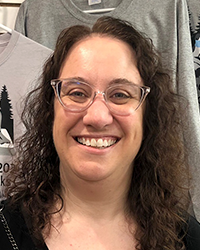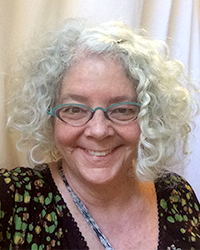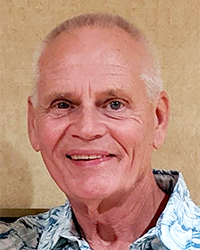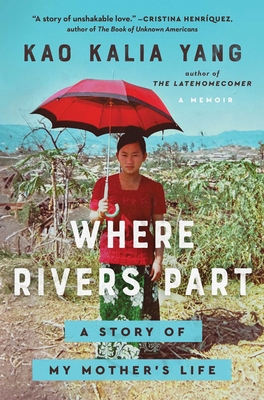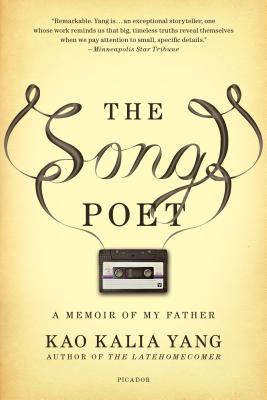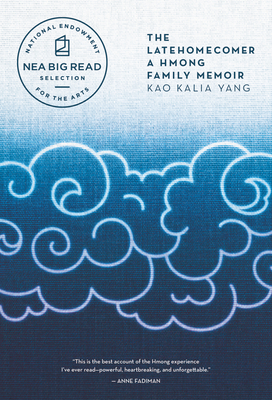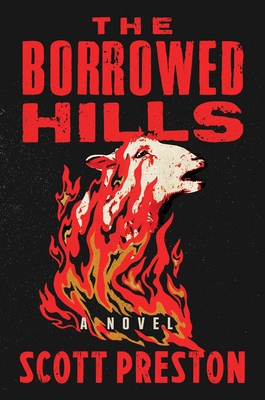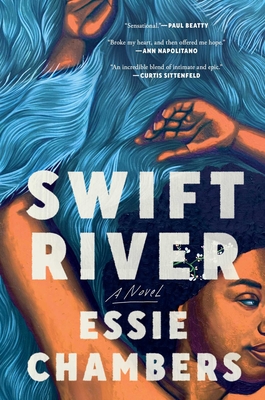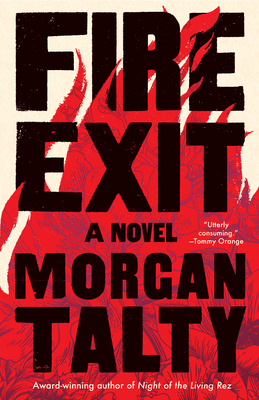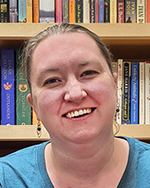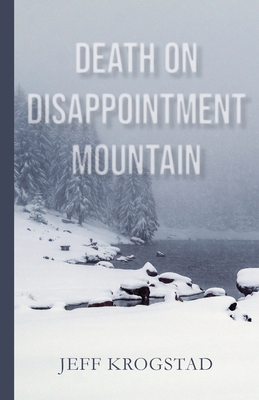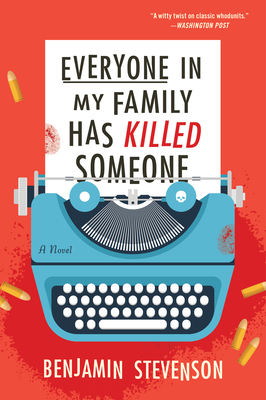 |
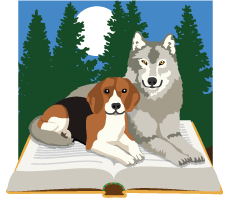 |
 |
Staff Picks
| Page One |
||
|
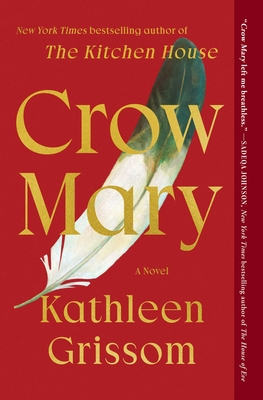 |
The Beagle Women’s Book Group selected this for discussion and WOW, what a great book for discussion! While visiting her parents in Saskatchewan, author Kathleen Grissom went to Fort Walsh in the Cypress Hills and learned of “Crow Mary” (the name given to her when married by a white minister), a Crow woman who at age 16 married a white fur trader (he was looking for someone to communicate with other Indigenous traders.) Not long after they married, a drunken brawl broke out between whites and Nakoda that escalated into a massacre. When Mary learned that some of the Nakoda women were being assaulted by white men, she grabbed her guns and broke up the party (against her husband’s instructions not to do so) and prevented the women from being murdered. Who wouldn’t be inspired to learn more and write a book?? With the green light from Crow Mary’s descendants and Crow elders, author Kathleen Grissom has created a rich novel about Crow Mary. Following the massacre, Mary’s husband, Abe Farwell, insisted on pursuing justice for the Nakoda through the American and then Canadian court systems. The results had lasting consequences for Abe, Mary and their family. I learned a lot about Crow culture, in particular the different way women are raised than in white culture (who needs a man to build a tipi??) The issues/themes of this book include white/native relations, alcoholism, family, justice, and so much more. |
|||||
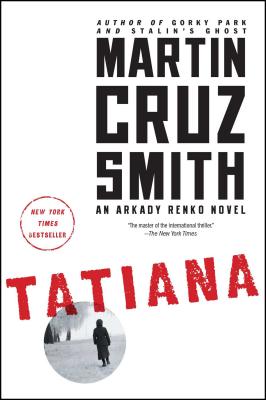 |
|
Tatiana I’m still working my way through the Arkady Renko series by Martin Cruz Smith. Currently, I’m on book #8, Tatiana. In this installment, a feisty political reporter has supposedly jumped to her death from the 6th floor balcony of her apartment. Suicide doesn’t seem likely to Renko and the more he looks into things, the more sure he is that was homicide. As usual, books in this series are steeped in Russian politics that I find fascinating. For fans of the character Anya, there’s more Anya in this book and of course, Zhenya is giving Renko all the grief that a teenager would give any parent. For audio book listeners, I recommend this one with Henry Strozier narrating. 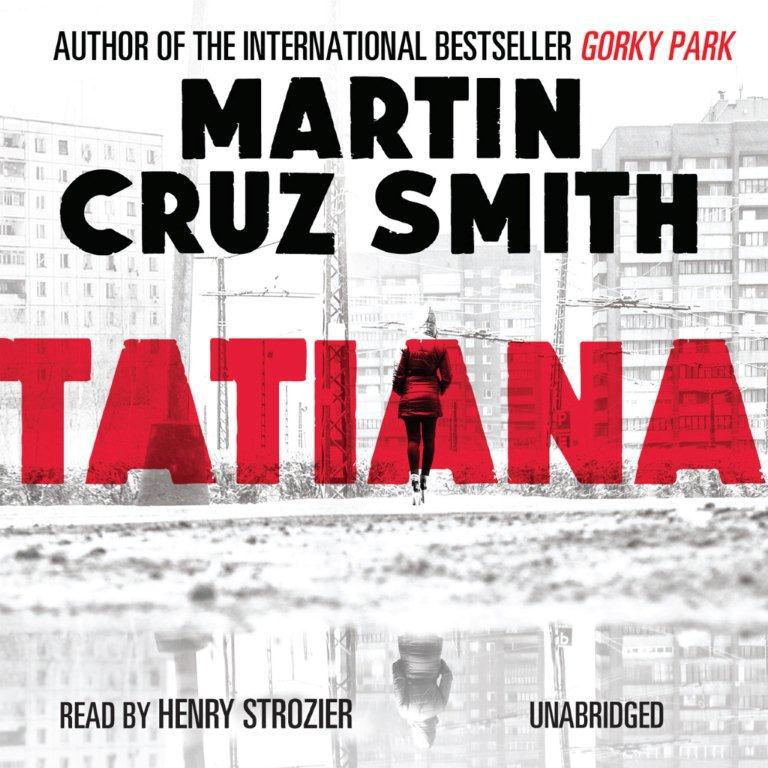 |
|||||
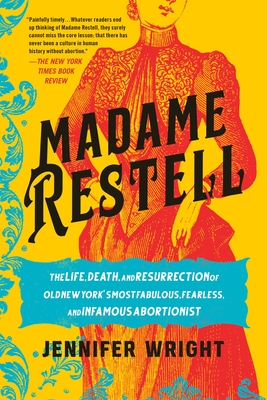 |
Jennifer Wright Madame Restell came out in paperback last month. In a nutshell, this is women’s history that most probably don’t know about. A hard-to-like (but important) figure in history, Madame Restell was an abortionist in 19th century New York. For readers who enjoyed The Woman They Could Not Silence by Kate Moore, I recommend you read Madame Restell next! If you’re an audiobook listener, this is a good one!
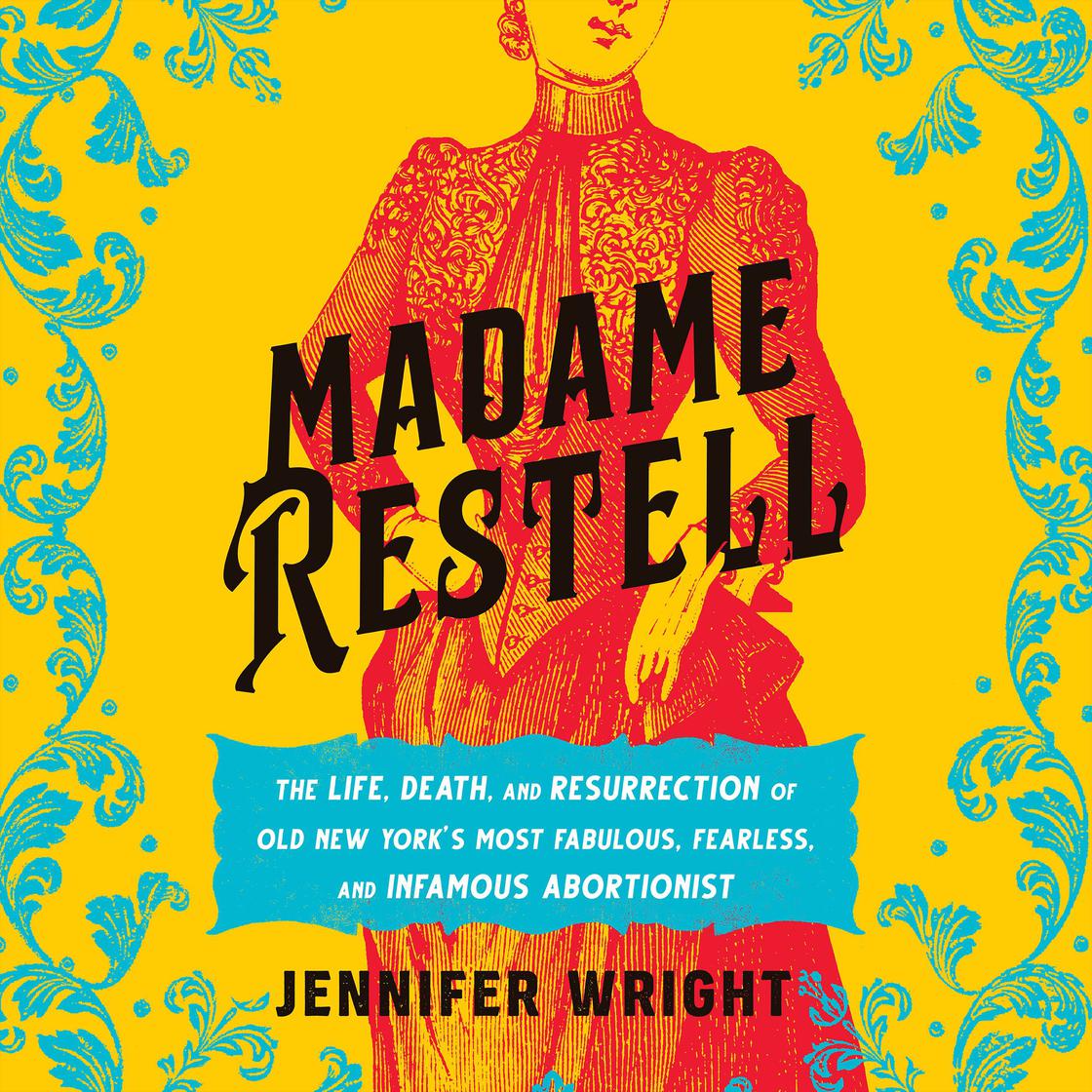 |
||||||
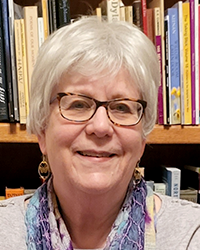 Sally Sally |
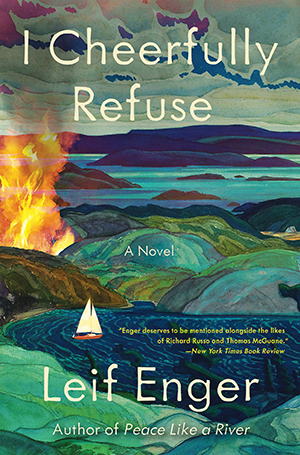 |
I Cheerfully Refuse Leif Enger Once again, Leif Enger (Virgil Wander) brings us the tale of a quest by an unlikely hero. Rainy is bear of a man, a musician in a dystopian United States in the near future. We never learn how this dystopia came to be, but we don’t really need to know, either. Rainy and his wife, Lark, who has a bookstore, are loveable and loving counter-cultural folks who somehow have been able to live under the radar of the powers that be. That is, until Lark brings a traveling stranger, Kellan, home from the bookstore one day. The ensuing events leave Lark dead and Rainy on a boat on Lake Superior, searching for a trace of her. Rainy, by the way, is an inexperienced sailor who hates being on the boat. Gradually, his skills improve as he sails further into the lake and into encounters with more and more desperate people. This is Enger at his storytelling finest. His beautifully crafted writing carries the reader along, torn between wanting to savor every word and wanting to race through the book to learn what comes next. Give yourself the gift of time to savor this book, and the world Enger has created for us. |
|||||
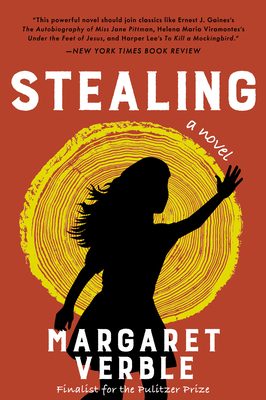 |
Stealing In Park Rapids, a great deal of attention has recently been paid to Adverse Childhood Experiences (ACEs.) These are traumatic events occurring in childhood which, if untreated, can lead to mental or physical health problems in adulthood. Karen (Kit) Crockett, the narrator of Stealing, has experienced a number of ACEs. And yet, she is intelligent, thoughtful, resourceful, and spunky. I don’t want to reveal spoilers, but when Kit is placed in a boarding school against the wishes of her family, she secretly keeps a journal which tells the story of what led to her placement and the experiences she has had at the school. She plans a way out which will reunite her with her family.Much has been stolen from Kit, but she has a great deal of resilience. The story will wrench your heart but is an important one for us to encounter. The deadline of this newsletter is before the Sister Wolf Group meets to discuss this book, but I anticipate a lively conversation.
|
||||||
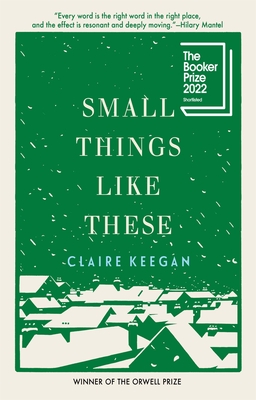 |
Small Things Like These We’re often asked how we discover books. One of our favorite ways is when our customers tell us about books we haven’t encountered yet. That happened recently when a number of different people asked us to order books by Claire Keegan, and highly recommended them to us. Keegan is an Irish writer known for her short stories and novellas. Small Things Like These focuses on the life of Bill Furlong, who rose from a humble beginning to become a merchant in his small town, married to a woman from a middle-class family and the father of five lively daughters. When he unwillingly recognizes an injustice in his town, he is torn by conflicting desires to keep his head down or do what he can to remedy the situation—but at a cost to himself and his family. The book is beautifully written, and Furlong’s dilemma will stay with you for a long time. |
||||||
 Cascade |
Since the last newsletter I have read several disappointing novels, none of which I can recommend. It has been a disappointing reading month. So, I decided to look back on the many 5-star books I’ve read in the past and give a sampling of my perennial favorites. | ||||||
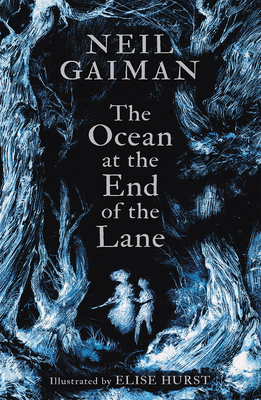 |
The Ocean at the End of the Lane Neil Gaiman never steers me wrong, and this work is by far my favorite book from his repertoire. I have a copy of the illustrated edition and it is a dreamy feast for the eyes in terms of both pictures and prose. |
||||||
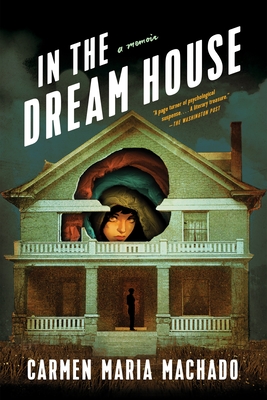 |
In the Dream House This is my favorite memoir, so much so that after listening to the audiobook (narrated by the author herself which is always a bonus), I decided I needed to buy a physical copy for my personal library. I always enjoy books that blend genres, and this book takes the abuse Machado experienced at the hands of her girlfriend and frames it through the lens of horror tropes, like a haunted house. |
||||||
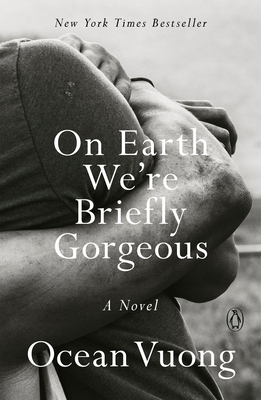 |
On Earth We’re Briefly Gorgeous Novels written by poets seem to always strike a chord with me and this is no exception. This deeply personal story is written as a letter from a son to his mother who will never read it and tackles themes of race, migration, and sexuality in some of the most stunning prose I have ever read. |
||||||
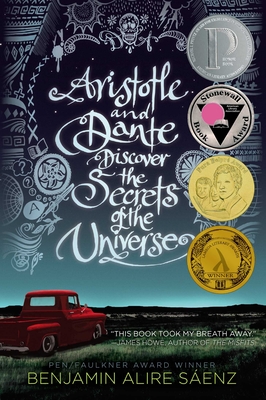 |
Aristotle and Dante Discover the Secrets of the Universe I cannot believe I put off reading this YA novel from 2012 for so many years. It is my favorite book intended for teens and it holds the rare distinction of books that caused me to shed tears, both happy and sad. This coming-of-age story feels timeless, and I love how it focuses primarily on friendships instead of romantic relationships. |
||||||
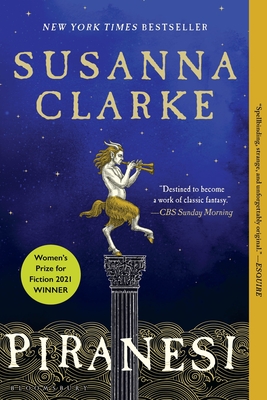 |
Piranesi We again have a story that transcends perfect genre categorization, mixing the lovely writing of literary fiction with a plot that is closer to a fantastical mystery. This is a slow burn read where the reader knows everything the main character does (which isn’t much) and is taken along for the ride as the protagonist explores the endless house they inhabit and the mysteries within. |
||||||
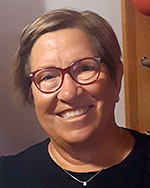 Doni |
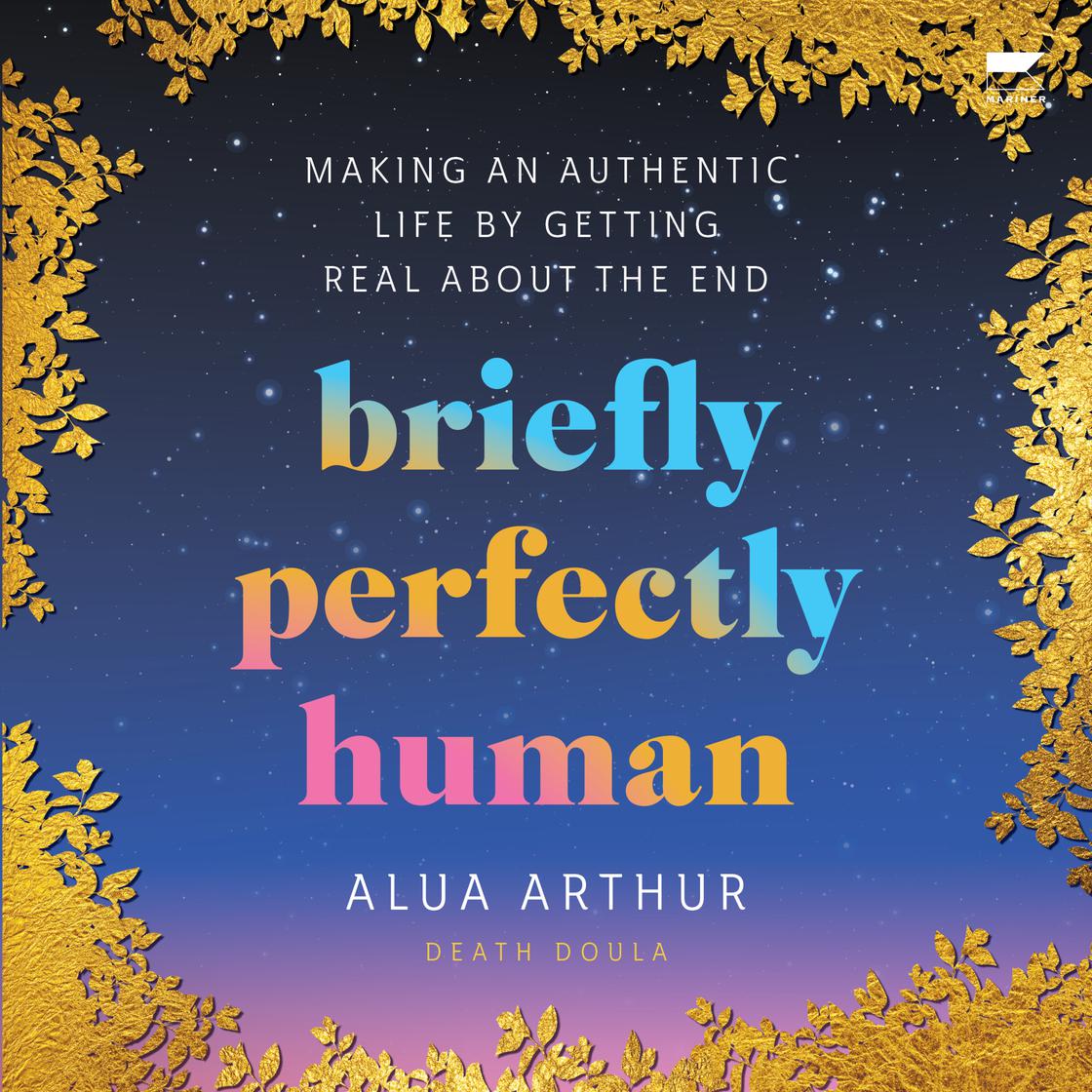 |
Briefly Perfectly Human: Making an Authentic Life by Getting Real About the End Memoir is not my genre of choice, but this book was highly recommended by my nephew and I’m so glad I followed his advice! Alue Arthur was born in Ghana and international travel was part of her life from a very early age. Her family fled Ghana after a government coup, and she moved to the United States as a child. Born into a family with high expectations for their children, she attended law school. Being from a family always called to service, she became a Legal Aid attorney, a job she hated because of the soul-crushing injustices. She escaped with solitary travels, including a trip to Cuba while in the throes of a dark depression. It was during this trip that she became fascinated with death. She met a woman who had pancreatic cancer, and Arthur instinctively asked the questions her companion needed to hear. This experience and advocating for her brother-in-law at the end of his life, led her down the path to becoming a death doula. She learned the questions to ask, the business to take care of and most importantly, the emotional work to do around our deaths while we are still alive. I listened to this book on Libro FM. Arthur narrates it, and she has “an unapologetic lisp,” which makes the book especially personal. |
|||||
|
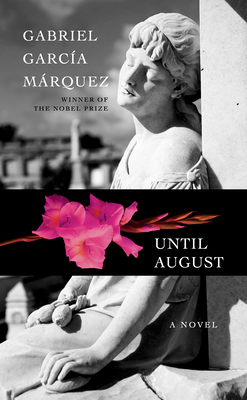 |
Until August Márquez is the Nobel Prize winning author of One Hundred Years of Solitude and Love in the Time of Cholera. He suffered from dementia in his last years and died in 2014. He worked on Until August as his memory deteriorated. In the end he decided the novel didn’t make sense and asked that it not be published. After 10 years his sons picked up the manuscript. They were impressed by it and decided that it wasn’t that the novel is badly flawed, but that Márquez was unable to comprehend it because of his dementia. They consulted one of Márquez’s respectful editors, who worked hard to sort through notations on several versions of the manuscript, and to ensure the book is accurate in references and is internally consistent. The story is about a middle-aged woman who has for years visited her mother’s island grave to bring gladioli, clean off the headstone, and talk about the year her family has enjoyed. She takes a ferry to the island on August 16 every year and stays one night. It’s always the same… until one year she has an adventure. This is a small novel, a quick read. However, it has a big impact. Publishing it was an excellent decision. |
|||||
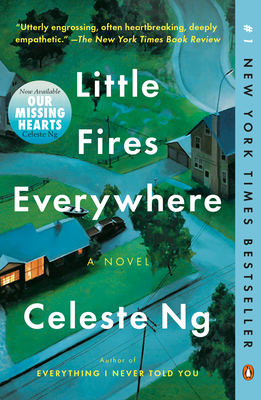 |
Little Fires Everywhere This novel is about life in the ideal American community of Shaker Heights, near Cleveland. The town was originally modeled on Shaker ideals of order; rules and standards that are to lead to harmony, integrity, and the good life. But there are little cracks in the foundation of this structured existence. Mia and her daughter Pearl are nomads who move into a small home in Shaker Heights. Mia is an artist who earns enough to scrape by with menial jobs. They feel like they have finally found a home they can stay in. However, Pearl gets deeply involved with a prosperous family led by a mother who is insufferably smug. (She has no idea what her teenage kids are up to.) A subplot in Little Fires raises issues about whether a stable home trumps biological maternity when the birth mother is of a different race and regrets having given up her infant. Layers on layers. Celeste Ng has done it again. |
||||||
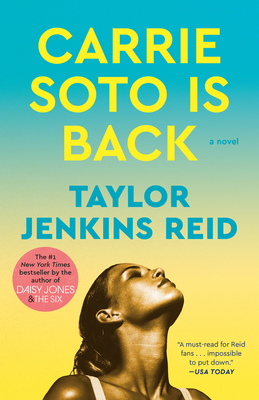 |
Carrie Soto Is Back Reid, master of celebrity novels like The Seven Husbands of Evelyn Hugo, brings us the story of a tennis star who comes out of retirement to try to protect her title. I didn’t think I’d like this as much as I’m more interested in movies than sports. However, it was fascinating finding out what goes on in a tennis tournament, the physical and mental strains involved. And of course, with Reid there are reporters and personal relationships shaping everything. It might be fun to read this and juxtapose it with the current movie Challengers. |
||||||
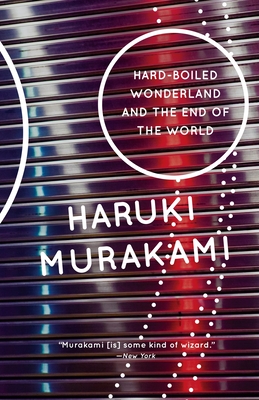 |
Hard-Boiled Wonderland and the End of the World What a mind Murakami (author of 1Q84) has. This 1991 novel alternates between two realities. In the Hard-Boiled Wonderland, the protagonist works for the System as a Calcutec, the ultimate data processor. He takes in immense amounts of data and then “shuffles” it without ever knowing what it is. In the beginning of the novel, he is in an elevator that moves so slowly that he cannot tell if it is going up or down. It has no buttons or floor indicators. Something is off. His story is full of danger and adventure that he didn’t sign up for. The protagonist in the End of the World is just entering a walled town. The Gatekeeper describes his duties: he is to be a Dream Reader (using unicorn skulls.) The Gatekeeper then wounds the newcomer’s eyes and severs his shadow with an axe. No shadows are allowed in the town. The two stories gradually merge, but not really. The ending took me by surprise. This is a book about what it is to be a conscious human in an imperfect world, about what it means to be aware, and to be connected to others. |
||||||
 Tim |
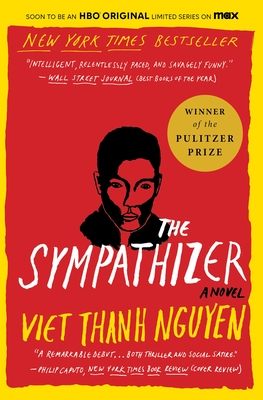 |
I came to this book without any expectations. I knew there had been a good deal of buzz about it, but I didn't pay much attention, my stack of 'to be read' books already being dangerously tall. My book group (TED) chose it for this month's discussion and, I confess to being a little chagrined to be diverted from the bookpath I've been following. Roughly speaking, that's focused on Historical Commentary, Fictionalized History, and the lurking question: What exactly is history? Imagine my surprise to find that's exactly where Nguyen, is working in The Sympathizer. He explores the still raw trauma of the Vietnam War. I can almost feel you wince at the mention of this topic, Gentle Reader, and turning your mind away, as if a raw wound had been touched by even the mention of that event. My reaction too!! But it's time we begin to consider the various after-effects of that conflict. Sympathy, in its various forms and meanings is used in the body of this work, to access our own calcified misinterpretations and self-deceptions surrounding this historical event. Let me suggest this is a seriously good story of fiction, in and of itself and if you invest a bit of yourself in it, it will repay your efforts ten times over. |
|||||
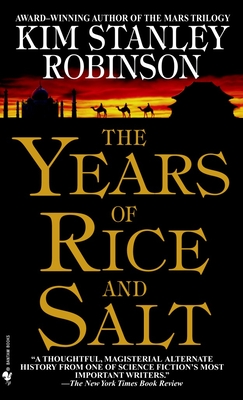 |
The Years of Rice and Salt
|
||||||
|
Would you like to be a guest reviewer? Email Sally at sally@beagleandwolf.com. |
|||||||
— page top — |
|||||||
| About Us How to Find Us |
